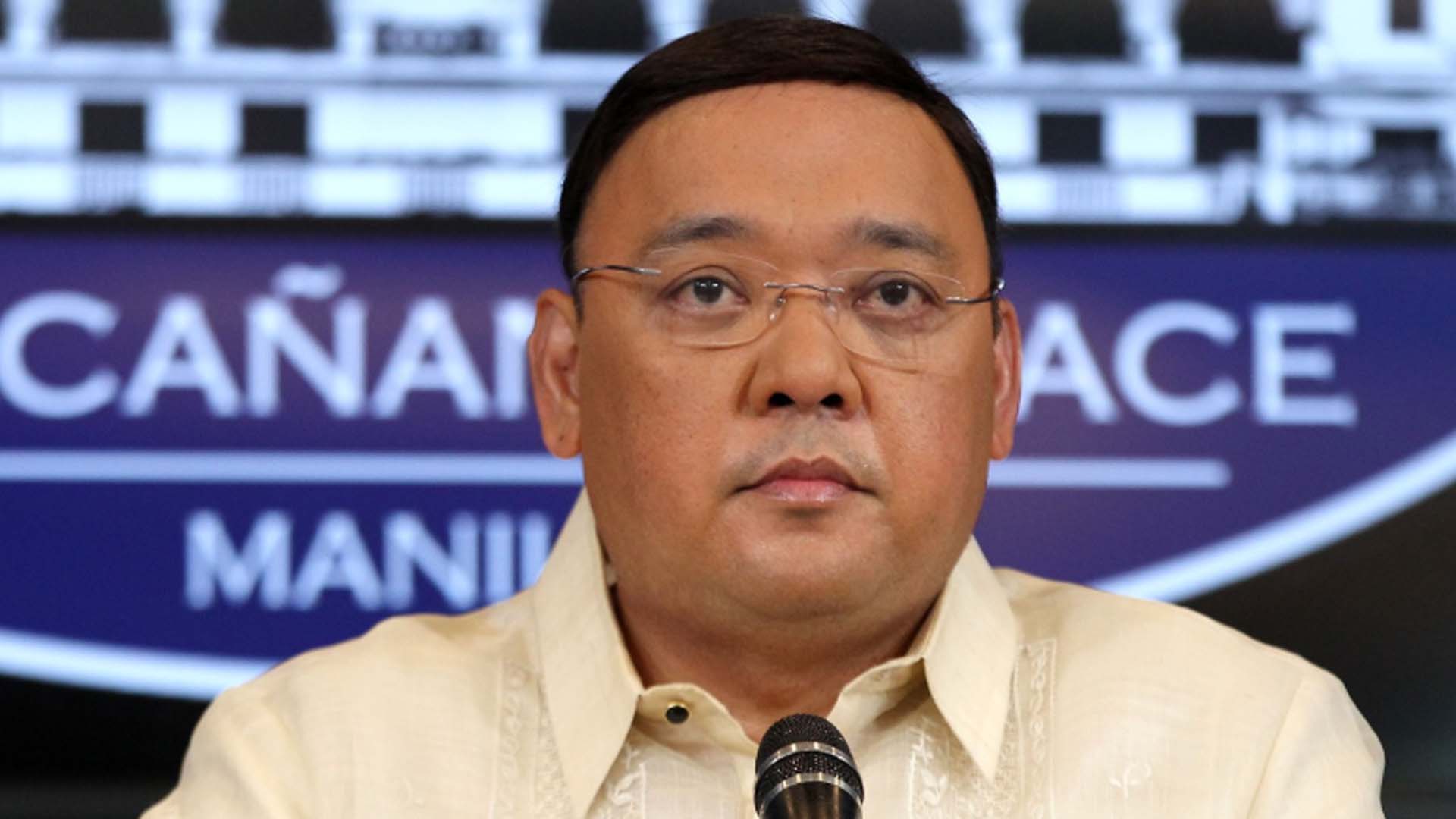Malacañang raised the possibility that President Rodrigo Duterte might impose a “total lockdown,” in case the government fails to “flatten the curve” of coronavirus disease 2019 (Covid-19) cases in the country.
Presidential Spokesperson Harry Roque said the proposed implementation of total lockdown is an “option,” considering that there are still many quarantine violators who continue to defy Duterte’s order to observe strict home quarantine.
“Kinu-konsidera ang total lockdown lalung-lalo na kung magpapatuloy ang mga pasaway sa ating kalsada (We are considering total lockdown, especially now that there are many people who are still loitering in the streets),” Roque said in a virtual presser aired on state-run PTV-4.
The entire Luzon and some parts of Visayas and Mindanao have been placed under enhanced community quarantine (ECQ) to contain the spread of Covid-19 in the country.
Implementing an ECQ means people are prohibited from leaving their homes, unless they have to access basic necessities or they are exempt from observing the quarantine protocols.
ECQ is deemed different from the proposed total lockdown, which bars people from going out of their homes and recommends the closure of all public establishments.
Roque clarified that there is no decision yet to implement a total lockdown.
“Siyempre po, isa iyang option na iku-konsidera, pero uulitin ko po, wala pa pong desisyon na mag-total lockdown. (That’s an option being considered, but I repeat, there is still no decision to impose a total lockdown),” he said.
ECQ’s fate known Monday
The implementation of ECQ in Luzon is set to expire on April 30.
Cabinet Secretary and Inter-Agency Task Force for the Management of Emerging Infectious Diseases (IATF-EID) spokesperson Karlo Nograles said the “small group” tasked by Duterte to study the possible scenarios after April 30 would come up with recommendations with regard to ECQ’s fate by Monday.
“This coming Monday, they will have something to present to the IATF. So hintayin na lang natin. (So let’s just wait). But they’re looking at all aspects,” Nograles said in a separate virtual press briefing.
Nograles said the IATF-EID would then have an extensive deliberation on the recommendations that would be made by the small group.
“That will guide us all the way for next week and at one point, we will present that to the President,” he said.
Selective lifting of ECQ, not martial law
Pending the IATF and Duterte’s decision on the fate of Luzon-wide ECQ, there have been proposals to impose a “selective” lifting of ECQ or a martial law.
Nograles said when it comes to the proposed selective lifting of ECQ, the government has to take into considerations five parameters, which include the trends in Covid-19 epidemiological curve, the capacity of the health care system, and the social, economic, and security factors.
He, however, said the declaration of martial law was not an option.
“For you to use or declare martial law, ano po ‘yun (there should be) rebellion and invasion. So hindi po pinag-uusapan (we’re not talking about it),” Nograles said.
Article 7, Section 18 of the 1987 Constitution states that the President can declare martial law, “in case of invasion or rebellion, when the public safety requires it.”
Help in reducing Covid-19 cases
With only two weeks before Luzon-wide ECQ expires, Roque called on the public to follow the quarantine measures imposed by the government to stop the further transmission of Covid-19.
Roque reminded everyone that the Covid-19 cases in the country would have “doubled or tripled,” had the government failed to impose an ECQ.
He stressed that while it is difficult to restrain public movements, doing so would help reduce the number of Covid-19 cases in the country.
“Ang katunayan, kapag hindi tayo nanatili sa ating mga tahanan, hindi po natin mapapaba ang cases ng Covid-19 (The truth is we cannot reduce the number of Covid-19 cases in the country, if we do not stay at home),” Roque said.
The Philippines has so far recorded 5,660 Covid-19 infections, with 362 deaths and 435 recoveries. (PNA)








